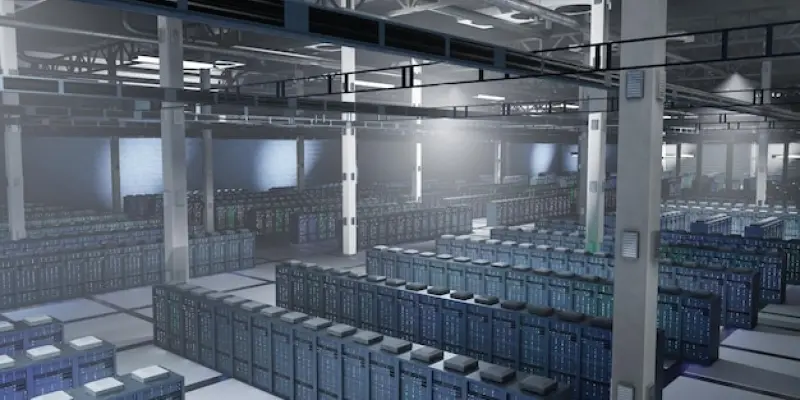In a significant development for technological infrastructure, DartPoints has expanded its reach with the acquisition of a data center in Baton Rouge, Louisiana. The transaction involved purchasing a 7.5-acre site within the Bon Carré Technology Park for $9.4 million from EdgePWR LLC. The data center has been under DartPoints’ operation since buying the local firm Venyu in 2023. This commitment underscores the company’s strategic ambitions to bolster local economies and contribute to tech job creation. Situated in a space that was once a mall, transformed into a technology-focused hub by EdgePWR in 2020, the center now stands as a symbol of digital progress in the region. Through such strategic moves, DartPoints aims to reinforce Baton Rouge’s status as a driving force in digital innovation, enhancing the Gulf Coast’s digital ecosystem.
Strategic Expansion and Economic Impact
DartPoints’ strategic acquisition of a data center in Baton Rouge is an important milestone in their expansion strategy, reinforcing their commitment to the Gulf Coast region. This move is part of a larger vision supported by Nova Infrastructure’s majority ownership stake in DartPoints, facilitating economic growth and technological progress in the area. By acquiring similar properties in other states, DartPoints is positioning itself to significantly impact local economies through improved tech infrastructure, in line with current growth trends. CEO Scott Willis has highlighted how these expansions are pivotal in establishing Baton Rouge as a hub for digital innovation, ensuring the city’s prominent role in the digital world. This strategic investment marks a dedication not only to DartPoints’ growth but also to the broader goal of regional economic advancement through enhanced digital connectivity. These efforts are expected to build a robust digital framework in Baton Rouge, positioning it within the evolving digital landscape and promising a positive trajectory in the city’s technological narrative.

